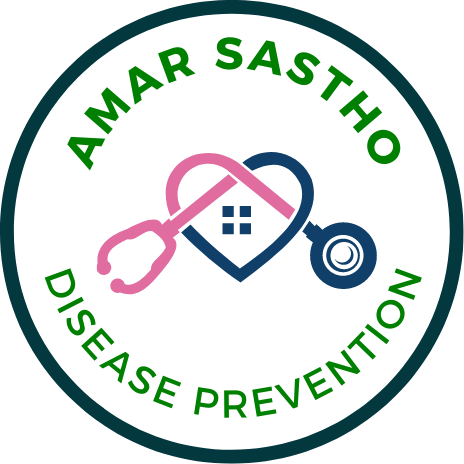[vc_text_separator title=”Bad cholesterol Risk Factors” color=”juicy_pink” css_animation=”bounceInUp” css=”.vc_custom_1575793926580{padding-bottom: 20px !important;}”]
Smoking: Cigarette and other smoking materials damages the walls of human’s blood vessels. Also lower your level of HDL by Smoking, or “good,” cholesterol.
Humble Diet: Eating saturated fat, found in animal products (like red meat and full-fat dairy), and Tran’s fats, found in some commercially baked cookies and crackers and microwave popcorn, can increase your cholesterol level.
Obesity: 30 or greater body mass index (BMI) of puts someone at danger of high cholesterol.
Diabetes: High blood sugar contributes to higher levels of a dangerous cholesterol. High blood sugar also harms the lining of your veins.
Lack of Exercise: Exercise benefits improvement your body’s HDL. So very careful at daily Exercise.
Age: Since your body’s science changes as you age, your danger of elevated cholesterol climbs. For example, as you age, your liver turns out to be less ready to evacuate LDL cholesterol.
Mental pressure: Stress raises blood cholesterol levels over the long term. When some people are under stress, eating fatty foods console themselves.

